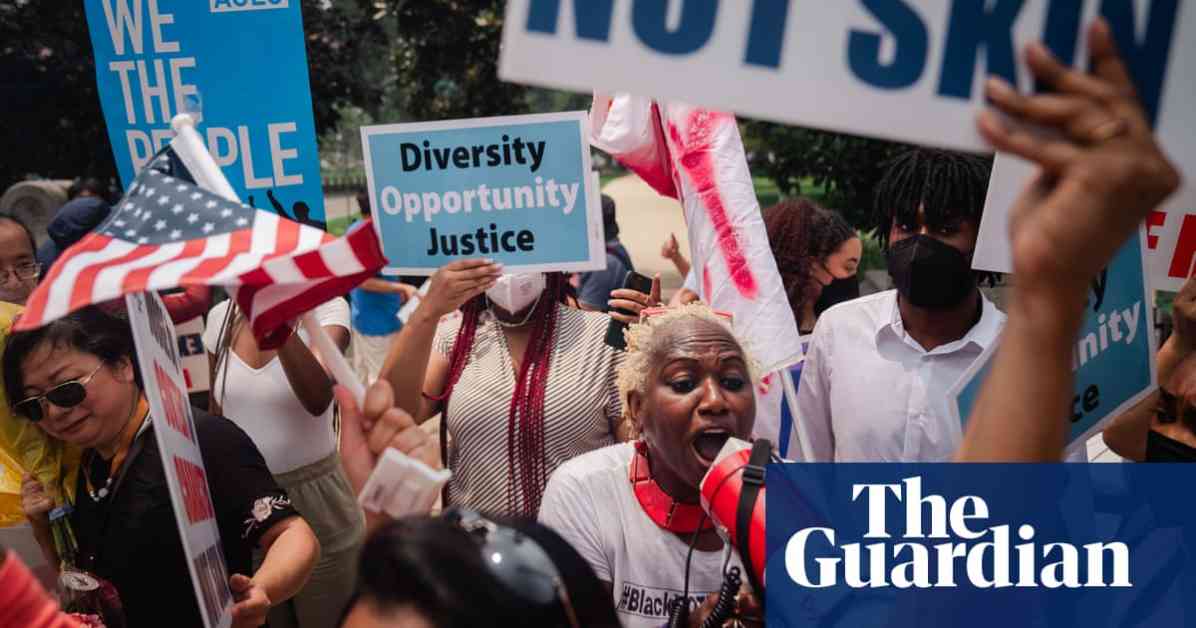In 2020, Donald Trump signed an executive order against “race and sex stereotyping and scapegoating” which would have set the stage for sweeping attacks on diversity initiatives in the public sphere. In January 2021, on his first day in office, Joe Biden rescinded Trump’s anti-DEI order and signed one promoting “racial equity and support for underserved communities”. Now Trump is returning to office, he expected to restore his directive and double down on it. The people that run diversity, equity, and inclusion (DEI) initiatives at public and private institutions are expecting mass crackdown. Project 2025 has labeled them “woke culture warriors” and pledged to wield the full force of the federal government against their efforts to create a more equitable society.
Trump and his advisers have already threatened the funds and accreditation of universities they have labeled the “enemy”, and pledged to dismantle diversity offices across federal agencies, scrap diversity reporting requirements, and use civil rights enforcement mechanisms to combat diversity initiatives they see as “discrimination”.
The multi-pronged attack is certain to be met with major legal challenges, but while they prepare for those, advocates warn about the ripple effects of an administration declaring war on inclusivity efforts. “The concern is the bigger footprint and symbol,” said Nina Ozlu Tunceli, chief counsel of government and public affairs at Americans for the Arts. “Federal policies do have a domino effect on other states, on foundations, on individual donors.”
Last week, Walmart became the latest in a series of high-profile companies to announce a rollback of its diversity initiatives following a campaign of legal challenges by conservative groups. Other businesses and institutions small and large are trying to keep a low profile to avoid becoming the target of anti-DEI campaigns, those who work with them say.
There are already concerns that institutions fearful of losing funding or facing lawsuits may overcorrect and dial back their programs before they are required to do so, advocates warn.
### Climate of Fear
Even before Trump was re-elected, “educational gag orders” seeking to limit discussion of race and LGBTQ+ issues in school classrooms had been introduced in at least 46 states. Last spring, conservative legislators linked campus protests against the war in Gaza to DEI initiatives. Virginia Foxx, the chair of the House committee on education and the workforce, told the presidents of several colleges that her committee would be “steadfast in its dedication to attacking the roots of antisemitic hatred, including anti-Israel DEI bureaucracies”. Questioning by Foxx’s committee ultimately led to several resignations by college presidents.
“That just got everyone terrified, including private university presidents who previously had been pretty brave about these things,” said Jeremy Young, director of the Freedom to Learn program at the free speech group PEN America. “It was just this sense that, they’re coming, they’re headhunting for leaders, and you just have to do everything they say or they’re going to fire you or they’re going to cut your budget.”
Virginia Foxx, the Republican chair of the House workforce and education committee, in May. Photograph: Bloomberg/Getty Images
Even where no laws have been passed, a broad fear of repercussions has prompted some campus leaders to cut back on DEI initiatives, noted Young. “A number of states have engaged basically in jaw-boning, where the lawmakers will go up to a university president and encourage them or threaten them to close their diversity office while dangling a threat of funding cuts or passing a law the following year,” he said. “So we’re seeing universities trying to comply with these restrictions, or with these threats, even though there’s no law compelling them to do so.”







